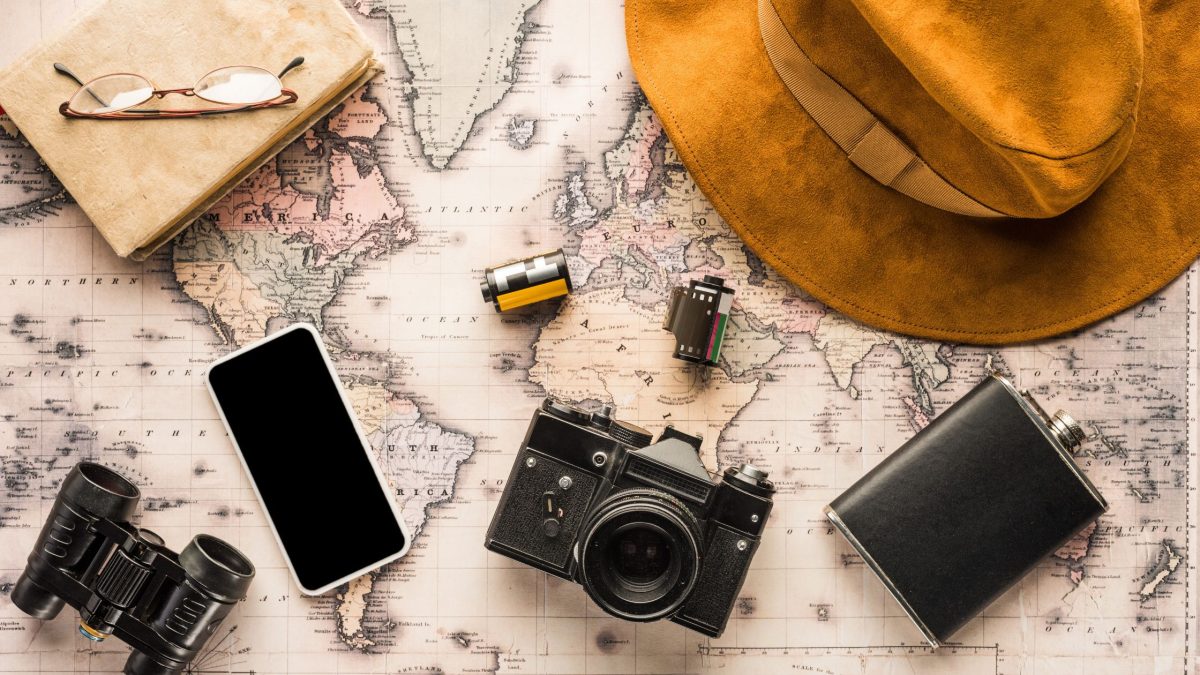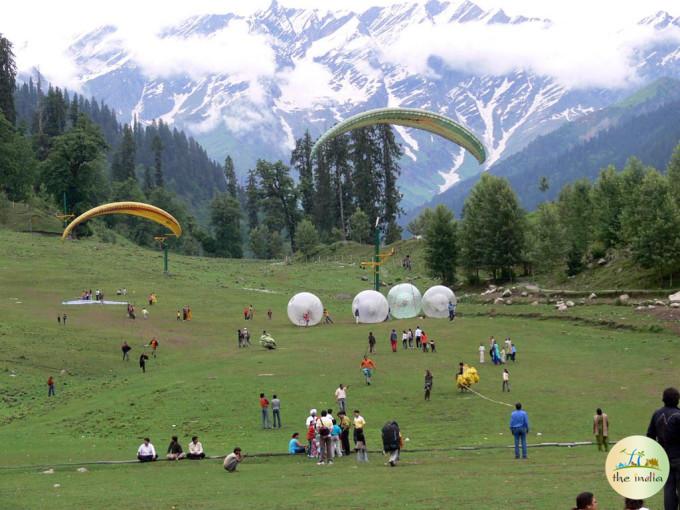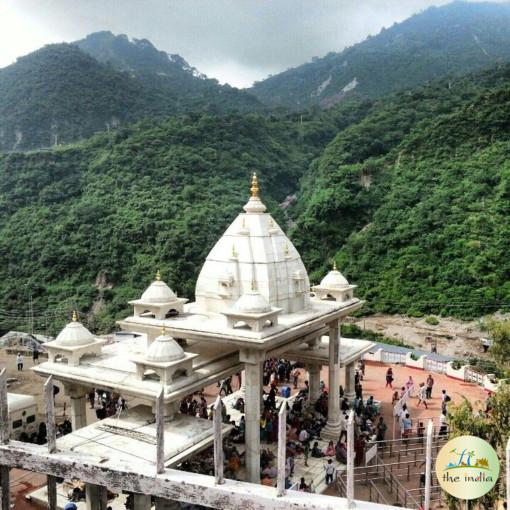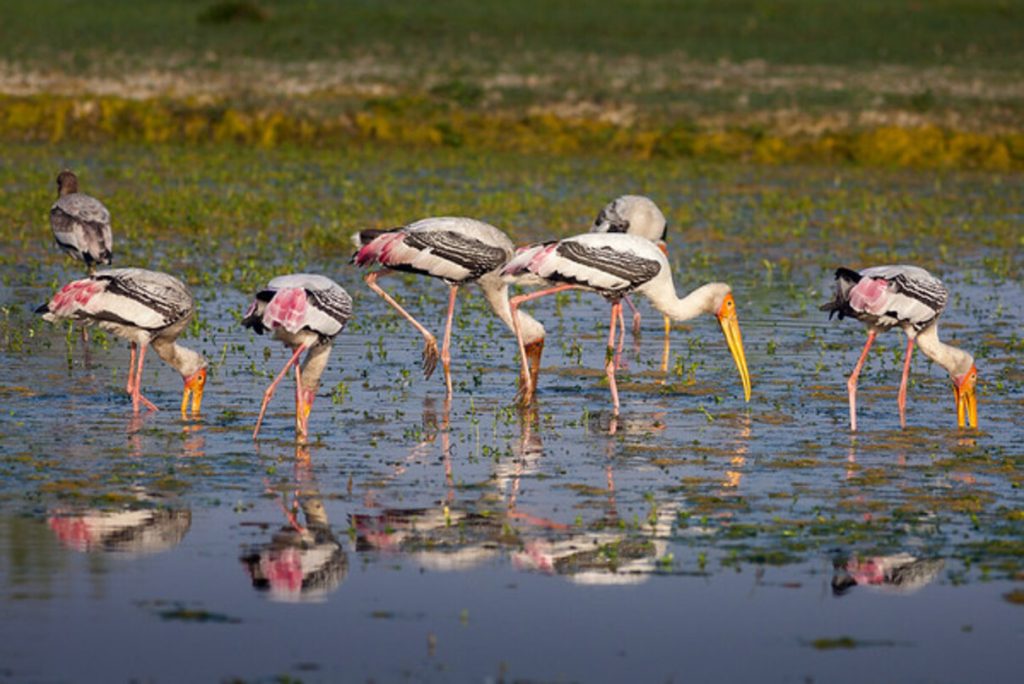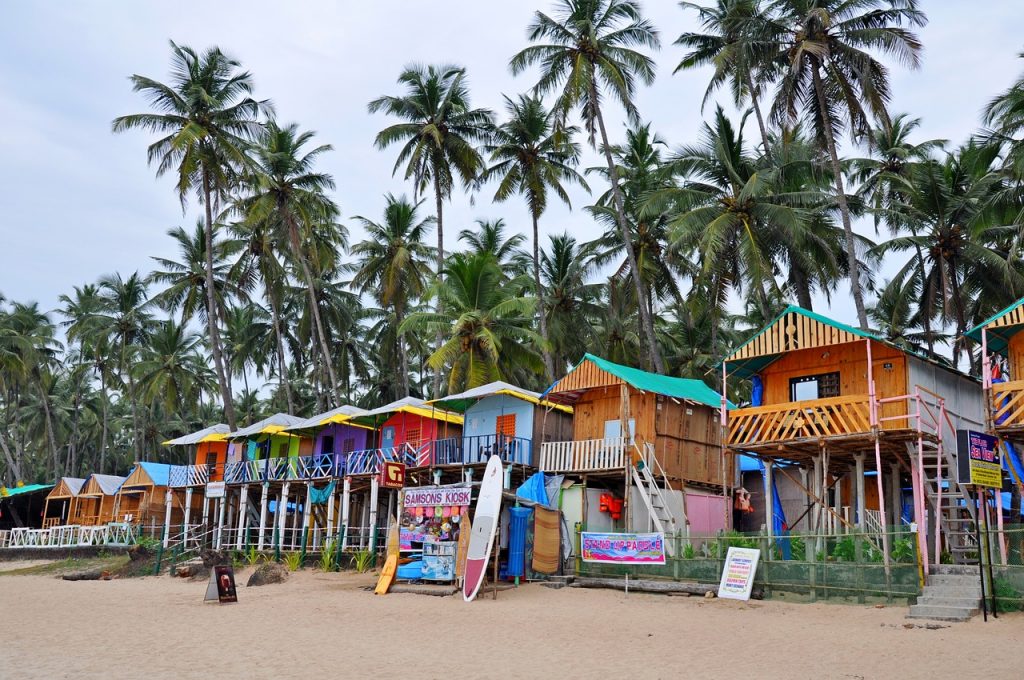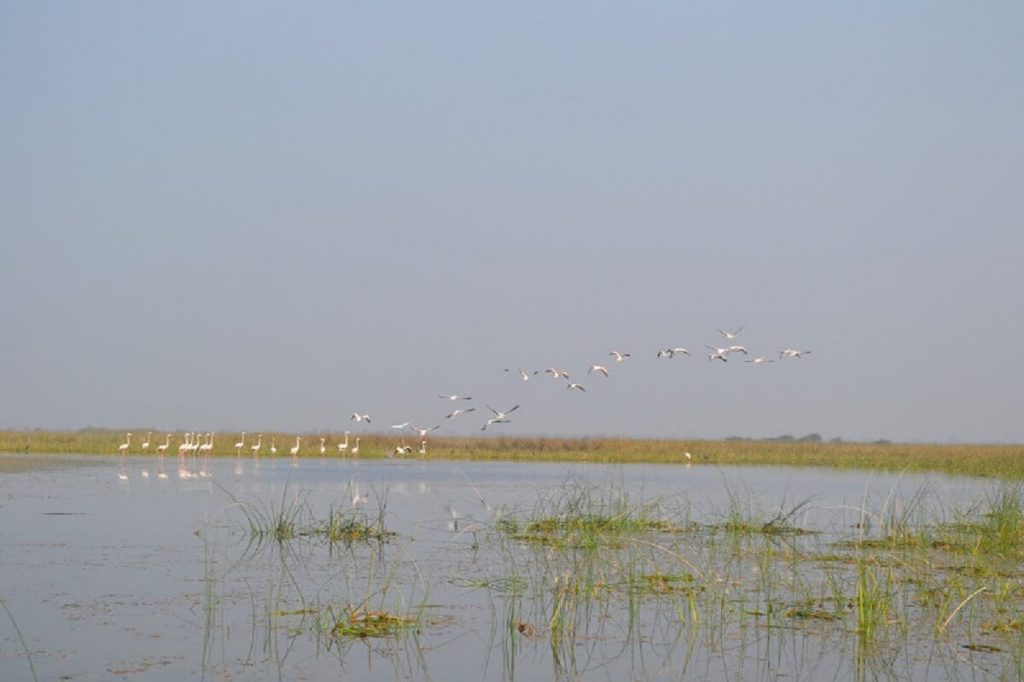Ready to trade your day job for a working holiday adventure? Whether you’re looking to teach English in Japan, work on a farm in Australia, or participate in Europe’s cafe culture, working holidays are the perfect way to explore the world while still making an income. But, before you hop on that flight, there’s some homework to be done.
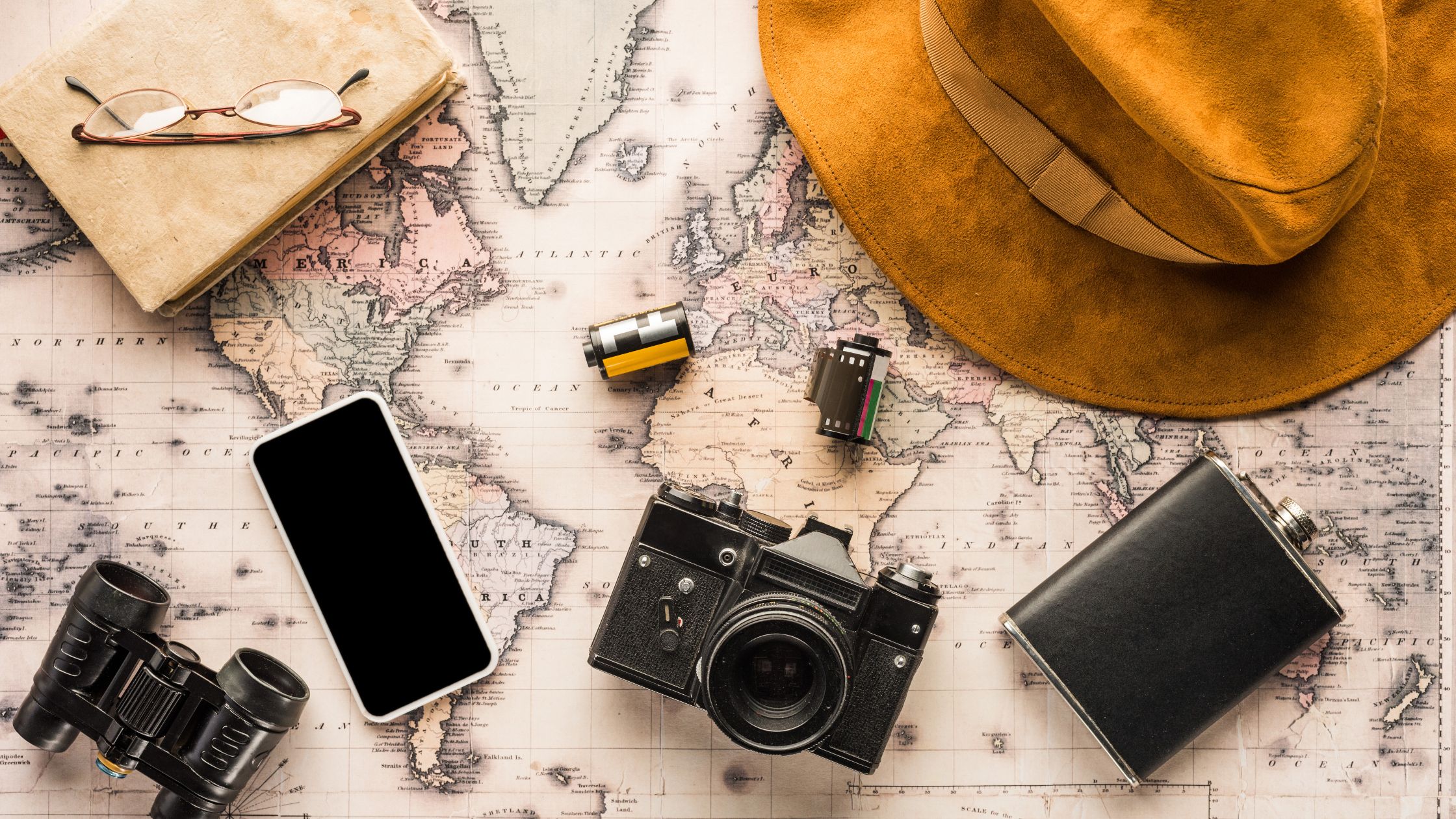
Top Tips to Get Ready for a Successful Working Holiday:
From organizing documents to preparing your finances, here’s everything you need to check off your list before starting your international adventure.
1. Get Your Documents Sorted:
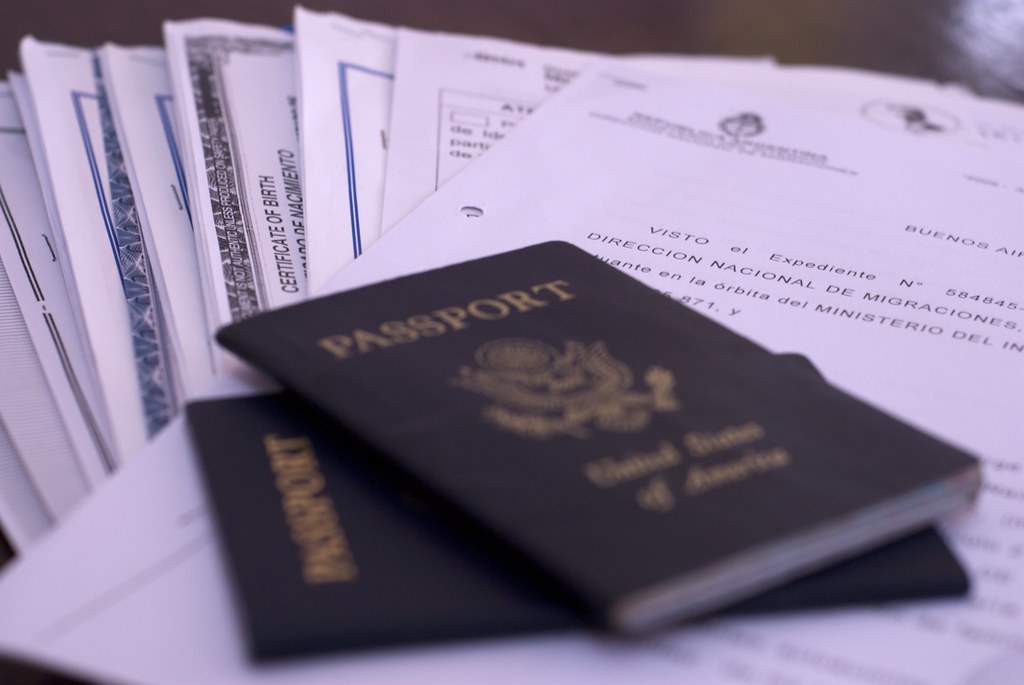
First up, let’s tackle the paperwork. Your passport is your golden ticket, so ensure it has at Least one year of validity left. Depending on your destination, you’ll need to apply for the appropriate work visa—this can vary from working holiday visas to specific work permits, each with its own set of requirements.
For example, countries like Australia and New Zealand, have specific working holiday visas for Indian nationals (just remember you will still need to meet criteria such as age limits and proof of funds).
Next, make sure you have digital copies of all your important documents. This includes your passport, visa and any other ID like your Aadhaar card. It’s also a good idea to learn how to open digital Aadhaar PDFs with apps Adobe Acrobat or other PDF viewers to access them smoothly. This way, you’ll be able to save these documents securely on platforms like Google Drive or iCloud so that you can access them anytime from any place, even if the originals get lost.
Also Read: Indian Travel Experiences You Should Add to Your Bucket List
2. Financial Preparation is Key:

Budgeting isn’t the only thing to consider when it comes to managing your money overseas. Ideally, you’ll want to open an international bank account or get a travel-friendly Forex card which gives you the option to withdraw money with reasonable or no fees involved. Forex cards by Indian Banks such as ICICI, HDFC & SBI are very convenient when travelling and can be used in almost every country. With a Forex card, you can avoid the hassle of carrying large amounts of cash or constantly exchanging currency.
Be sure to plan in advance for your travel budget. Add up your costs for hotels, Airbnbs, business accommodation, food, local transport and any fun things you are planning to do. Remember to also save some emergency funds — it’s always good to have a fallback. You should also advise your bank that you will be travelling to avoid any card transaction issues overseas. The last thing you want is for your account to be blocked when you’re trying to make a payment!
Also Read: Check These 5 Travel Tips for First Time Travellers in India
3. Get the Right Insurance:
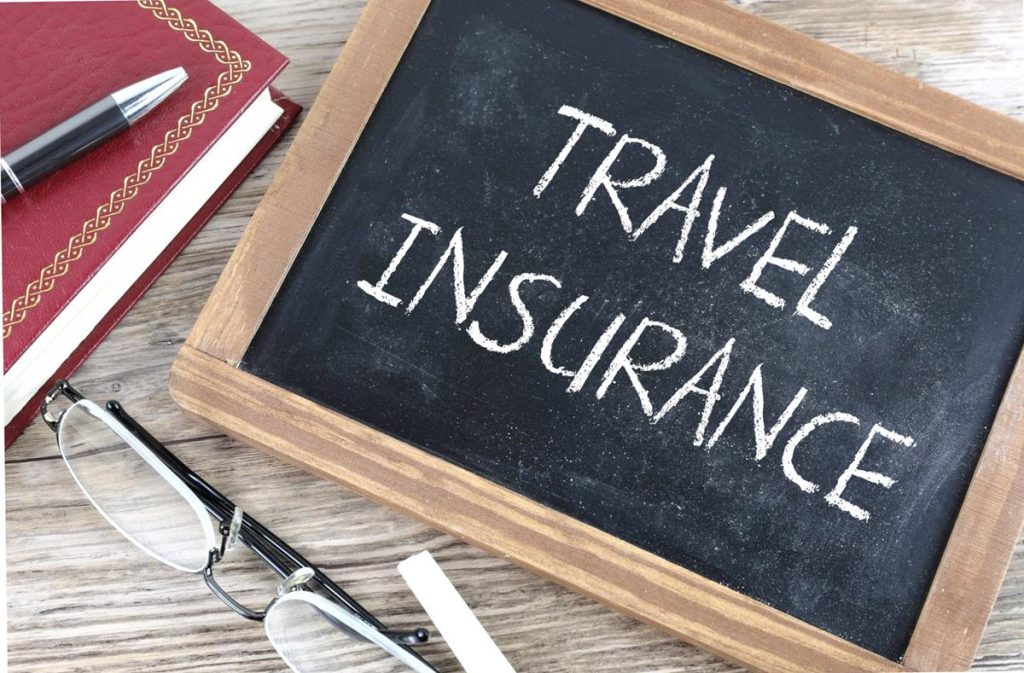
No one likes to think about what could go wrong on a trip, but travel insurance is your safety net. It’s more than just covering lost luggage – it’s about having protection if you fall sick, get into an accident or have to cancel your trip for whatever reason. So, be sure to choose comprehensive insurance policies that cover everything from your medical expenses and trip cancellations to personal liability.
In some countries where healthcare costs are sky-high, it is particularly important to have medical insurance. Before you set off, sure your insurance includes COVID related expenses as some countries require this for entry. Have your insurance papers photocopied, and be sure to save soft copies in your email or cloud drive for easy access during emergencies.
Also Read: Historical Places in India for a Rich Historical Experience
4. Research Work Opportunities and Legal Requirements:

Here’s a hard truth – obtaining a working holiday visa doesn’t instantly guarantee you a job. So, don’t just assume you’ll find work easily upon arrival. Do your research ahead of time. In some countries, working holiday visas only allow you to take on certain types of jobs. For example, in New Zealand, working holiday makers can work in hospitality, retail, or on farms, but certain professions might require additional permits or certifications.
Join online communities, forums, and social media groups where other working holiday makers share tips and job opportunities. Websites like Workaway, WWOOF (World Wide Opportunities on Organic Farms), local job boards, or even Facebook groups are great places to start. Knowing the local job market and what you’re legally allowed to do will save you time and a lot of frustration down the road.
5. Brush Up on the Local Language and Culture:
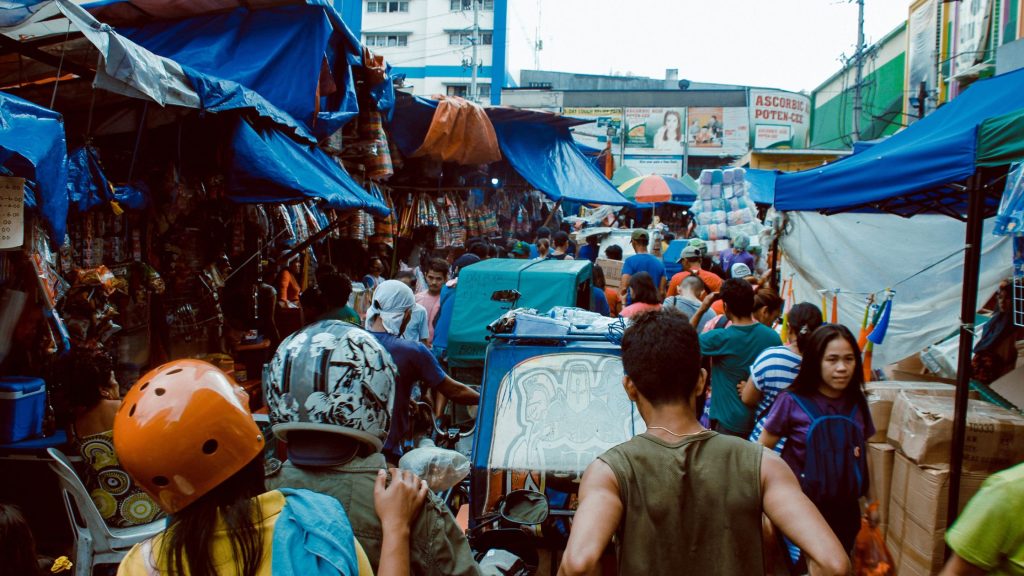
Although English is the primary spoken language in many countries, basic language skills go a long way (especially if you’re planning to travel to countries like Japan or South Korea.) Apps like Duolingo or Babbel are perfect for picking up key phrases that will help you get through the day, meet new friends and perhaps even impress your employers. Even if you’re just learning how to say “hello” or “thank you,” showing an effort to understand the local culture goes a long way.
It’s even more important to familiarise yourself with local culture and customs – what’s considered polite in one country might be seen as rude in another. One of the best travel planning tips to follow with every getaway is to do some research on the social etiquette of your host country including tipping culture, greetings, and dress codes. The more you know, the smoother your trip will be. After all, no one wants to come across as an obnoxious foreigner!
6. Sort Out Accommodation Early:

For some, the idea of arriving in a new country with no accommodation and living on the fly sounds appealing. However, it’s probably safest to have at least your initial stay booked in advance. Sites like Airbnb, Booking, and Hostelworld offer a wide range of options from budget-friendly hostels to cosy city apartments. If you plan to stick around for longer, look into local rental platforms or expat/working holidaymaker Facebook groups.
When you are more settled, you can begin looking into a more permanent housing situation, whether that be a room in a shared flat or a private rental of your own. When choosing your ideal pad, keep an eye on your budget, and consider proximity to your workplace to cut down on daily commute time and costs. Sorting out your accommodation early not only provides (priceless) peace of mind but also helps you adjust more quickly to your new surroundings.
7. Pack Smart, Pack Light:
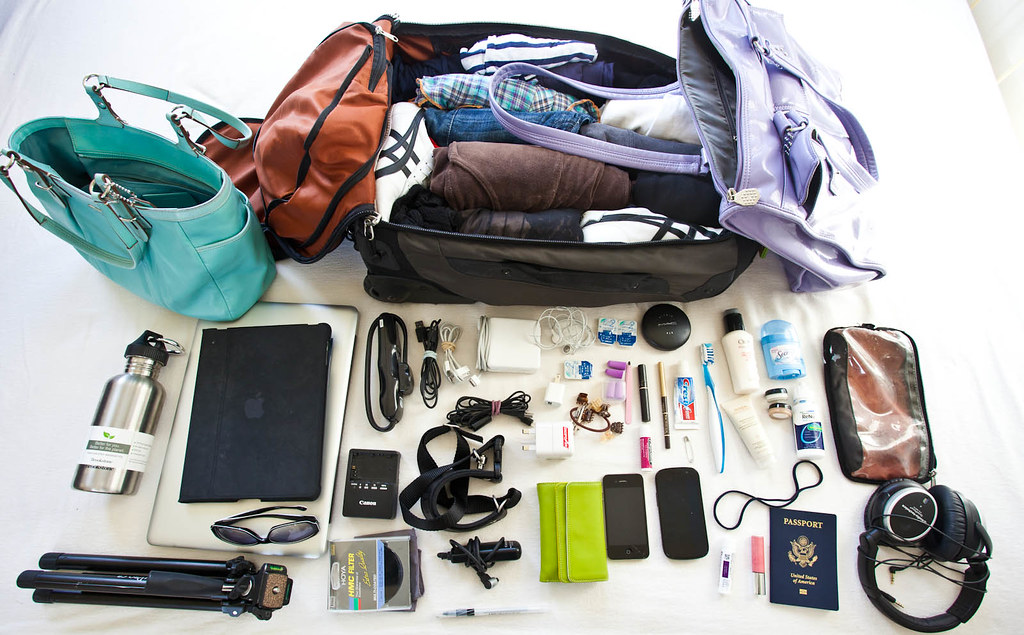
When it comes to packing, less is definitely more. The last thing you want is to be bogged down by tons of heavy luggage. So, pack smart by bringing along versatile clothing suitable for both work and leisure. It’s also important to pack according to local weather and customs. Remember that not all countries are as progressive as others, so you will need to be aware of the local dress code in your destination.
Oh, and this is optional but always a good idea – don’t forget to pack some essentials from home, like spices or ready-to-eat meals, especially if you’re heading to a place where Indian food is hard to come by. There’s nothing wrong with indulging in some creature comforts, especially when you’re so far away from home. But remember, lugging around a heavy suitcase can be a burden, so don’t overdo it. Stick to the essentials, and leave room for souvenirs!
8. Stay Connected – SIM Cards and Mobile Data:

Last but not least, staying connected is non-negotiable when you’re working abroad. Research local SIM card options in your destination country – they’re often cheaper and offer better connectivity than international roaming. Vodafone, T-Mobile and Airtel are a few examples of companies that offer fantastic prepaid plans for travellers.
Download essential apps that can make your working holiday smoother, like maps, translation tools, and local transport apps. Having reliable data means you can work on the go, find your way around, and keep in touch with family and friends back home without spending a fortune.
Conclusion:
Congrats! You’re all set for the adventure of a lifetime. A working holiday is more than just a job abroad — it’s your chance to experience life in a whole new way, meet new people, and learn about a new culture.
So step out, embrace the journey, and let each day be an opportunity to learn something new. With all these steps checked off, you’re all set to take on your working holiday with confidence.
FAQs:
You will need a valid passport, a working holiday visa, proof of funds, travel insurance, and sometimes a return flight ticket, depending on the country you are visiting.
Yes, travel insurance is essential. It will cover unexpected medical expenses, trip cancellations, and lost belongings during your working holiday.
While it’s not mandatory, securing a job before arrival can ease financial stress. Some countries also have job boards specifically for working holiday visa holders.
Pack essential documents, enough clothes for work and leisure, toiletries, a laptop, and items that will help with daily life abroad. Avoid overpacking as you can buy many things locally.

